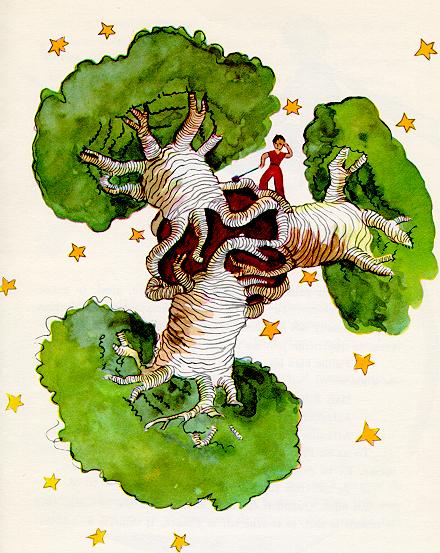Marx:
Today’s wage-labourer is tomorrow’s independent peasant or artisan, working for himself. He vanishes from the labour market - but not into the workhouse.
Sakai:
A study of roughly 10,000 settlers who left Bristol from 1654-85 shows that less than 15% were proletarian
many English farmers and artisans couldn’t face the prospect of being forced down into the position of wage-labor.
Is it the difference of time periods? I just noticed now that the time period Sakai is talking would be a pretty early period of colonization, wouldn’t it? So it may be that by Marx’s time of writing (late 1860s-early 70s?) it was proletarians headed to America and had been in recent historical memory?


It appears that Sakai’s answer is that land hunger was so severe that, yes, petty bourgeois individuals would be willing to endure it to have something like the standard of living they had been used to.
Here is a quote he takes from ““Social Origins of Some Early Americans”. In SMITH, ed., 17th Century America. N.Y., 1972.”